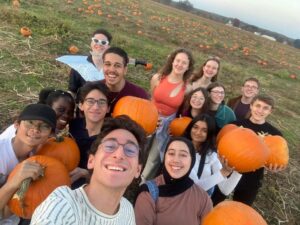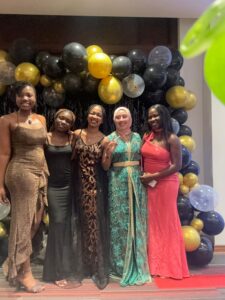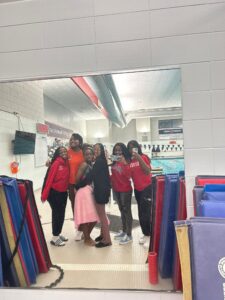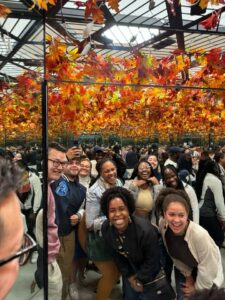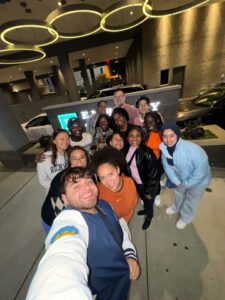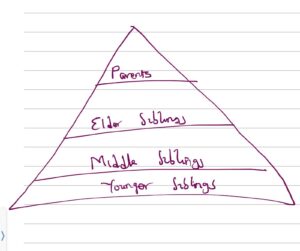Values
TOPIC 4
2/24/2024
When listening to the video project on “What Does it Mean to Be American?” by previous students Lucie, Dominika, and Gemma, do the participants’ answers conflict or agree with what you have learned from our text American Ways by Gary Althen? Did anything they say surprise you? Why or why not? When thinking of your own or your nation’s assumed values, how do U.S. values compare? What is important to you personally?
When listening and watching the video project on “What Does it Mean to Be American?” by previous students Lucie, Dominika, and Gemma the participant’s answers do agree with the values from American Ways by Gary Althen. Both talk about or emphasize the importance of freedom, individualism, diversity, determination, opportunity, and the pursuit of knowledge as a core value to Americans. Participants in the video project voice out their thoughts as Americans and how these values really shape who they are.
One thing that surprised me was the woman (Anita) who when asked words to describe America said that she is ashamed of America now and not proud of America anymore but when asked this same question years ago her answer would have been different. She said most Americans are selfish, and greedy and only care about themselves. Also, they are uninformed (don’t pay attention to what is going on in the world), naïve and nationalistic, and lastly people treat others equally but not with equity. I am really surprised about this and I think her shift in perception from pride to being ashamed was notable and reflected broader concerns about the state of American society.
Also, what also surprised me was how diverse America is. Initially, I thought America wasn’t diverse because I mostly heard of blacks, whites, Latinos, and Hispanics but after reading the book and watching the video, I gained insight into how a lot of people from different races migrated to America and this highlights how diverse America is and this diversity emphasizes on the cultural differences that contribute to America society today. The picture below shows how diverse American is with different race.
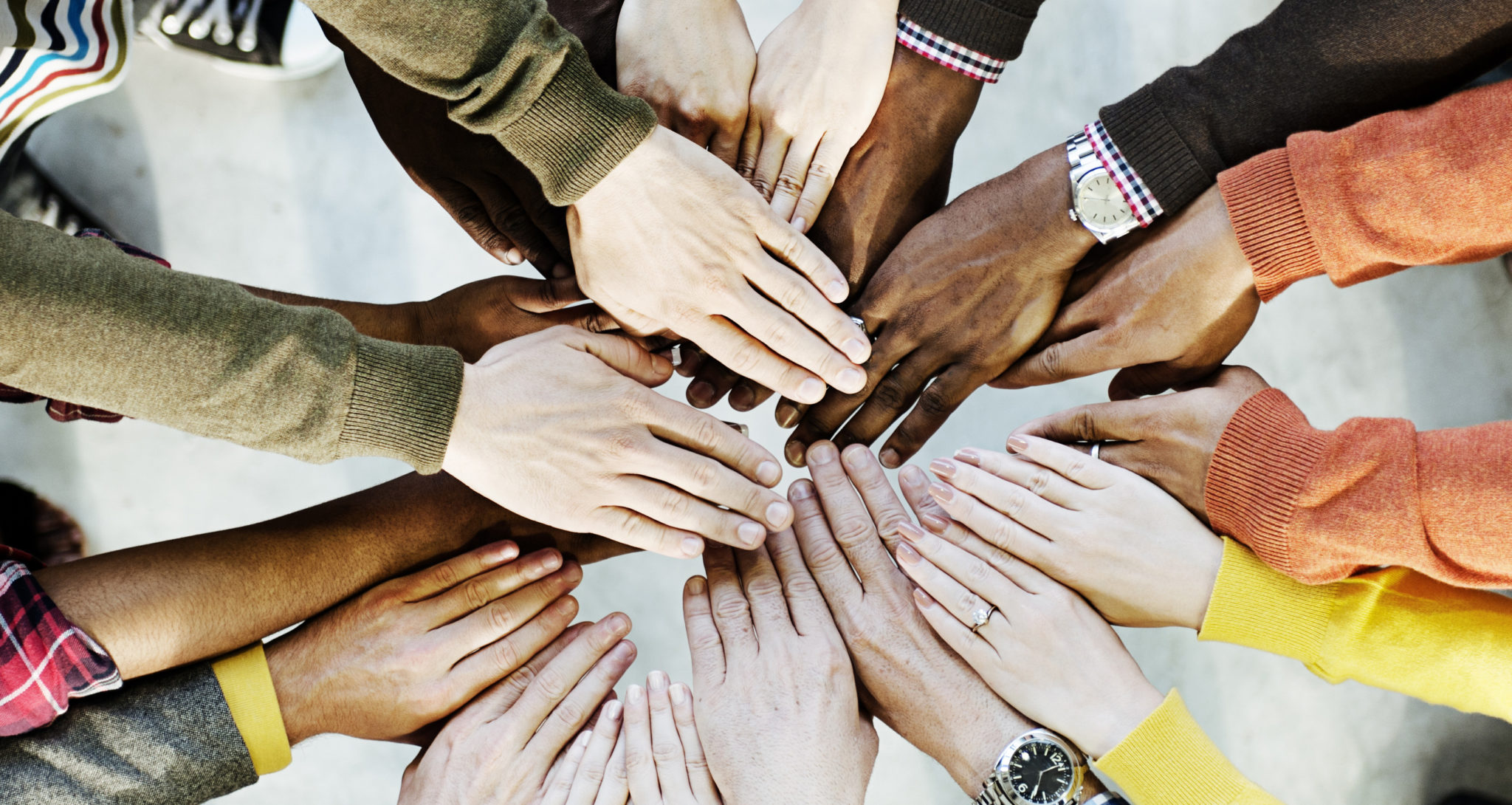
As a Ghanaian, I have some similarities between American values and those of my own nation. The pursuit of opportunity, freedom, and democracy is described as the fundamental principle in Ghana. In Ghana, there is a belief in the importance of hard work and determination in achieving success. However, while they may be similar there are differences in how these values are manifested and interpreted in both counties. For example, the concept of Freedom in Ghana may be understood and practiced differently in different homes compared to the concept of freedom in the USA. In my family, you can only have the freedom to do anything you want when you’re on your own and that is you’re living on your own, paying your rent, and caring for yourself with your own money. If you are in the family house, you can’t have all the freedoms that you want even if you want to go out to spend some time with your friends you will have to ask for permission and the permission must be approved before you can visit your friends. There’s nothing like I am eighteen years old so I have to decide on what is better for me or even go out whenever, and whichever I want. No, it is never like that in most homes in Ghana. If you want freedom you need to be independent first. Also, sometimes, students pick a major or classes that they want based on their parent’s decision.
Personally, what is important to me is equity, community, and independence. I believe in the importance of respecting diversity, embracing everyone’s differences, fostering inclusivity, and depending on oneself.

